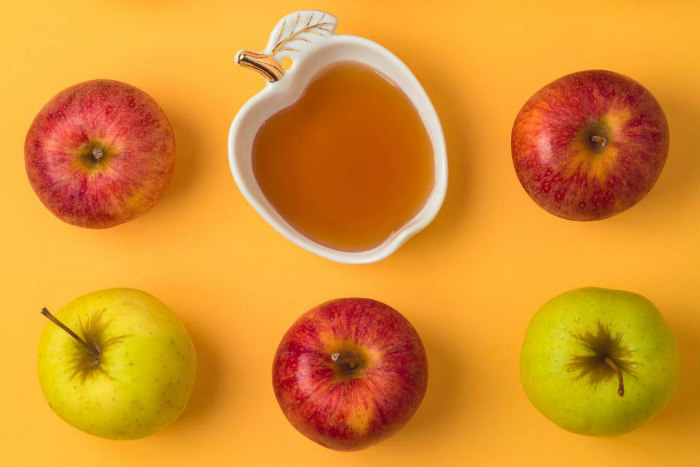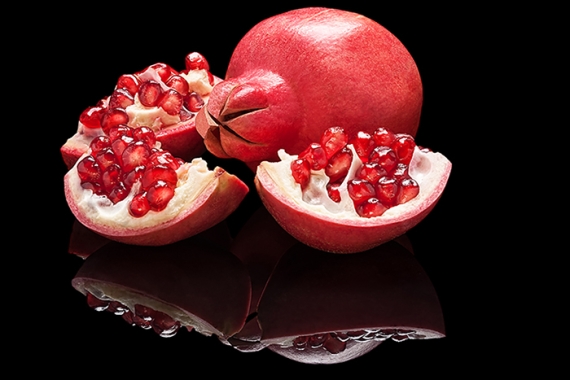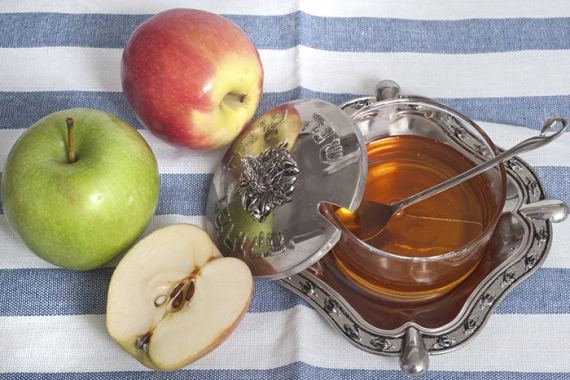
As summer winds down and the back-to-school season approaches, so, too, do the of Rosh HaShanah and Yom Kippur, which begin the Jewish new year with a 10-day period of prayer, self-reflection, and repentance. Our tradition provides us with several reminders of the upcoming Days of Awe (Yamim Nora-im in Hebrew), as well as ways we can prepare during Elul, the Hebrew month that precedes them.
1. Make time for spiritual self-reflection and study.
Elul customarily is a time to engage in spiritual self-reflection and evaluation. As we face our transgressions and strive to be better people in the coming year, it’s equally important to focus on self-care and our own spiritual nourishment. The Hebrew letters that comprise the word “Elul” – aleph, lamed, vav, lamed – are an acronym for “Ani l’dodi v’dodi li,” a verse from Song of Songs that means “I am my beloved’s and my beloved is mine.” Most often interpreted as love poetry between two people, the phrase also reflects the love between God and the Jewish people, especially at this season, as we assess our actions and behaviors during the past year and hope for blessings in the coming year.
Elul can also be a time for study. Beginning in the 16th century, Jews began to prepare for the High Holidays by studying a text, "Maaseh Avraham Avinu" (“The Tale of Abraham our Patriarch”). Exploring the early life of Abraham, this midrash reflects on the themes of Rosh HaShanah and Yom Kippur. "A Faithful Heart" by Rabbi Benjamin Levy offers a translation and commentary on this text that takes readers on a journey of spiritual preparation.
"This Is Real and You Are Completely Unprepared: The Days of Awe as a Journey of Transformation," a book by Alan Lew, and Jewels of Elul, a daily email that contains brief stories and anecdotes from a variety of sources, are other selections that may offer inspiration at this season. Learn more about how you can observe the month of Elul.
2. Involve children in holiday preparations.
The Days of Awe can be made more meaningful for the children in our lives if we take time to involve them in holiday preparations. For example, setting the table and helping prepare special holiday foods are great ways to engage children in preparing for the Days of Awe. Tina Wasserman's cookbook for kids, "Entrée to Judaism for Families," provides essential tools for helping children learn to cook with clear step-by-step instructions for every recipe and tips for adults to make the experience safe and rewarding.
Reading stories with young children is another way to help them get excited about the Jewish New Year. Many authors have written children's books for the High Holidays. "Sophie and the Shofar," for example, is a delightful tale about a dog named Farfel and a that has gone missing.
3. Commemorate departed loved ones.
If possible, it is customary for many Jews to visit the graves of friends and relatives in the days prior to Rosh HaShanah and Yom Kippur. We recall our loved ones in the liturgy on Yom Kippur and visiting the cemetery during Elul can provide us with the opportunity to reflect on their lives and to feel a renewed sense of closeness and connection to them. If it is not possible to visit graves, take time to commemorate your loved ones in other ways. Remembering loved ones can add poignancy and perspective to the High Holidays.
4. Plan a High Holiday menu.
For those who love to cook, Rosh HaShanah and Yom Kippur offer a time to make family favorites and try new recipes. Spending Elul thinking about and planning to prepare holiday recipes is a wonderful way to get ready for the New Year. Frequently, fond memories of Jewish holidays center on family gatherings and delicious meals.
In "Entrée to Judaism," Tina Wasserman offers an international array of recipes for Rosh HaShanah and Yom Kippur, as well as a fascinating look at the traditions behind many of the foods we eat. You can also find lots of other holiday recipes on ReformJudaism.org.
5. Listen to the sounds of the High Holidays.
Customarily, the shofar is sounded daily during the month of Elul (except on Shabbat), both as a reminder that the shofar will be blown on Rosh HaShanah and as a wakeup call of sorts, reminding us of the upcoming High Holidays and urging us to begin our preparations. Watch this video to learn how to blow the shofar. During Elul, we also add Psalm 27 to our worship services. This psalm beseeches God to protect us from our enemies and urges us to put our faith in God.
Listening to the memorable tunes of the Rosh HaShanah and Yom Kippur liturgy can help us reacquaint ourselves with the sounds of this time of year. Whether you listen to "" during a quiet time of the day, "Shiviti Adonai" on a walk, or "Al Cheit" on your phone before bed, familiar melodies can help you look forward to the New Year.
6. Attend Selichot services in person or online.
The month of Elul culminates with Selichot (which literally means “forgiveness”) services, when we gather with our congregations to recite special prayers of penitence that include beautiful Jewish religious poetry.
Customarily, Ashkenazi Jews recite selichot beginning late at night on the Saturday before Rosh HaShanah and continue before dawn on the days between Rosh HaShanah and Yom Kippur. (Depending on the calendar, congregations may observe Selichot in the hours before midnight on the Saturday night a week prior to Rosh HaShanah.) This moving service urges us to reflect on the year that is ending. With strains of the High Holiday melodies as a backdrop, we utter our first confession of the season, as well as "Sh'ma Koleinu," asking God to hear our voices.
How will you prepare for the New Year?


